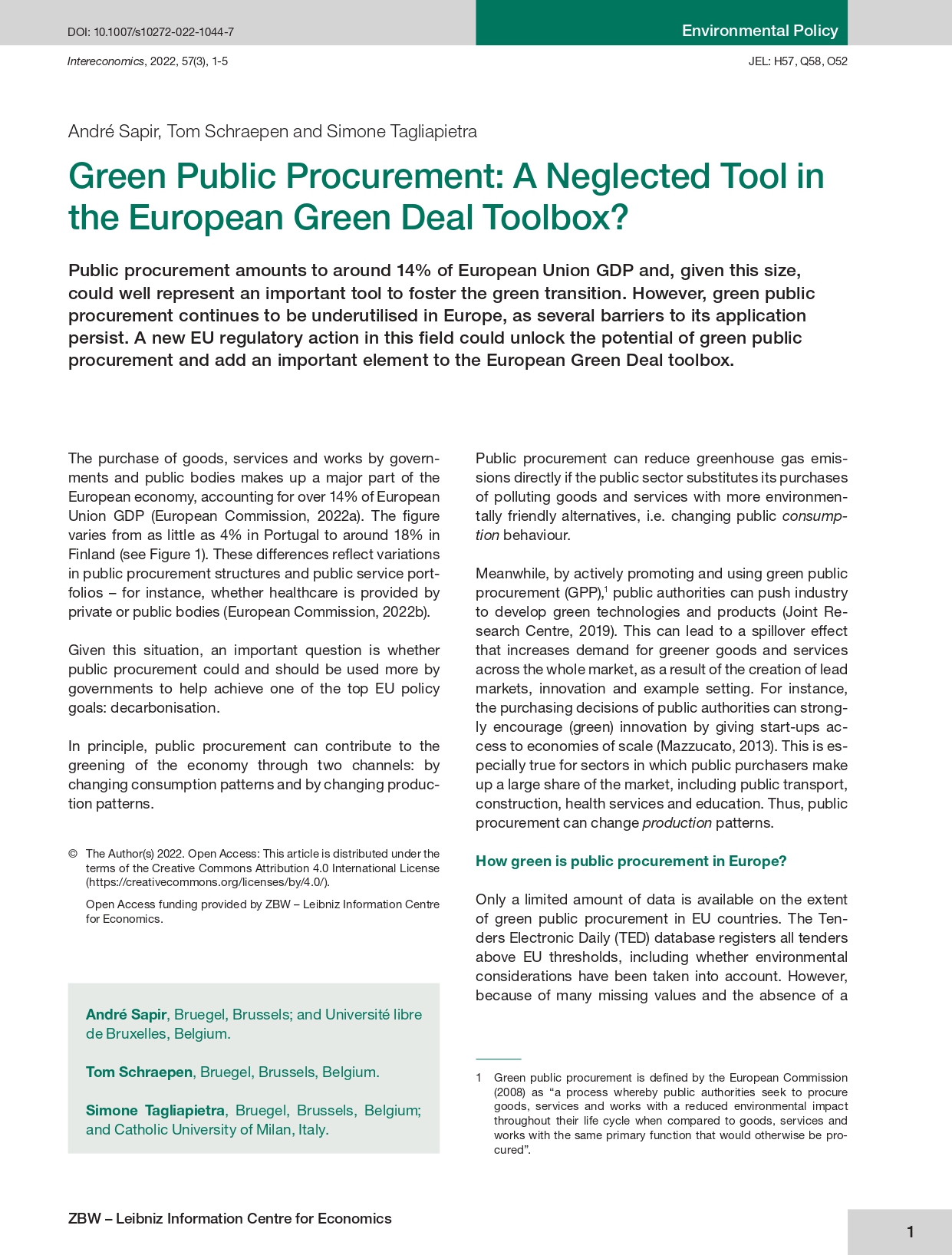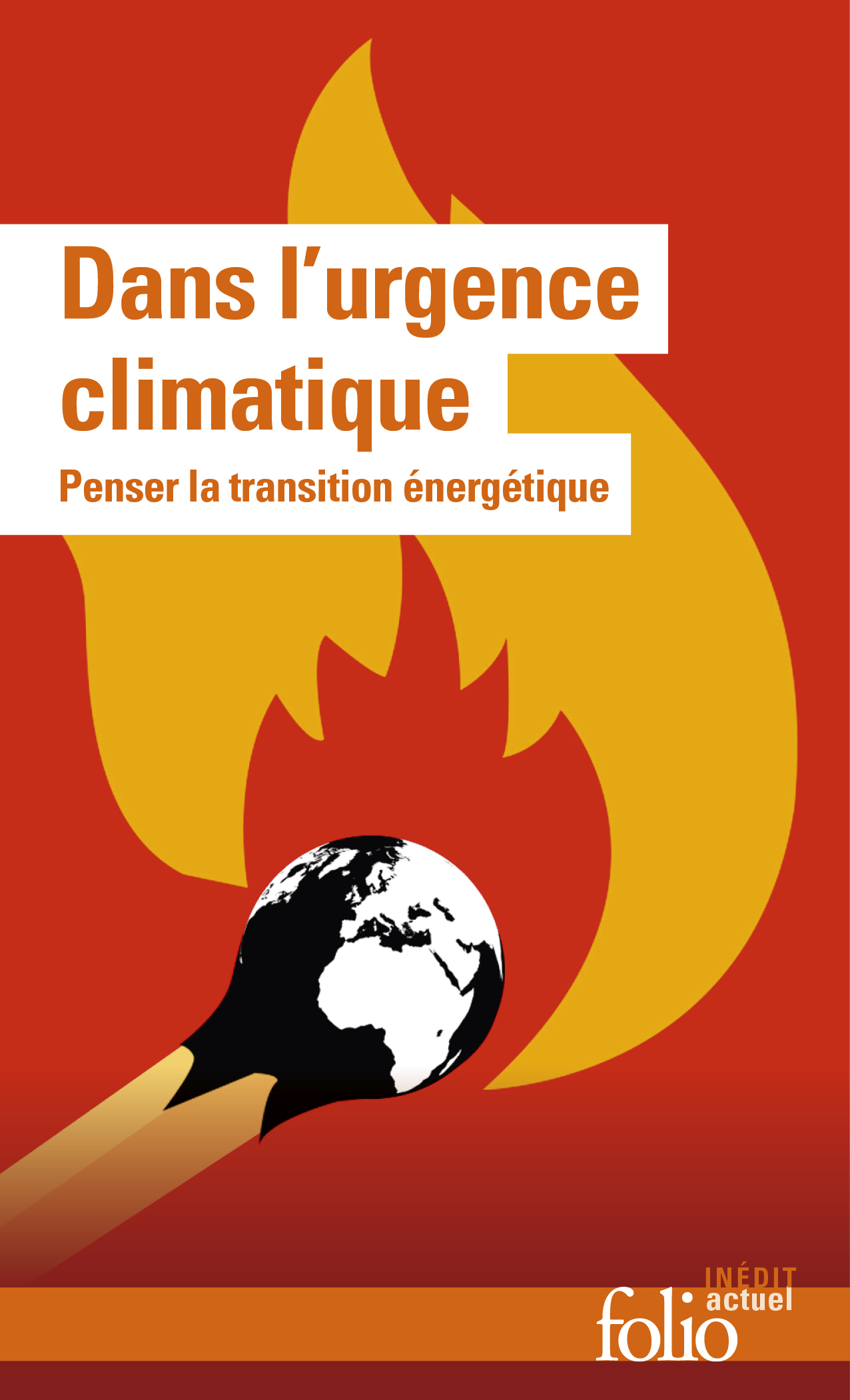Blog Post
The European climate law needs a strong just transition fund
To deliver on the goals of the European climate law, the European Union needs finally to get coal out of its energy mix: the EU should quicken the pace of decarbonisation whilst delivering on its goal of social inclusion.
The European Parliament will vote this week (7 October) on the Commission’s proposal for a European climate law, which would make binding a goal for the European Union of climate neutrality by 2050 and an intermediate emissions reduction target of at least 55% by 2030, compared to 1990. After the Parliament, it will be the turn of EU leaders to have their say with a deal now expected at the European Council meeting in December.
As discussed in a recent blogpost, the adoption of the European climate law would be an important and necessary step in the EU decarbonisation process. But climate neutrality by 2050 will not be easy, and Europe should prepare for a bumpy road.
Coal remains a major political bottleneck in the EU decarbonisation process. Although the EU energy system is becoming greener and more efficient, coal continues to provide a fifth of its electricity. In certain countries, coal is still predominant in electricity generation. Unsurprisingly, these same countries have doubts about speeding up the decarbonisation process, especially in midst of a pandemic.
Fig. 1 Coal in Europe: a fifth of the electricity, three quarters of the sector’s emissions (2018 data)

Source: Bruegel on Eurostat (2020) and UNFCCC (2020)
The EU should openly face this bottleneck and actively promote a quick phasing out of coal by putting in place a just transition scheme that would guarantee the social welfare of coal miners who stand to lose their jobs and aid the socio-economic transformation of Europe’s coal regions.
In 2019, the European Commission proposed a Just Transition Fund (JTF) as a cornerstone of the European Green Deal. In May 2020, the Commission proposed to fund the JTF with €43 billion, €32 billion of which would be fresh funds from Next Generation EU.
But in July 2020 EU leaders decided to more than halve the JTF to €17.5 billion, a major downside of the European Council agreement that saw substantial cuts to planed Next Generation EU investment in EU public goods (health, research and international cooperation as well as the JTF). The European Parliament disagrees, calling instead for €57 billion in funding for the JTF.
Ongoing negotiations on the EU’s budget for 2021-2027 should result in a stronger JTF, as the instrument represents an important element in ensuring the social inclusiveness and political acceptability of the EU decarbonisation process, especially as it speeds up in the coming decade.
The JTF should not only be sizeable but also well-designed. It is particularly important to: i) focus the JTF on social support for citizens in transitioning territories, especially by ensuring that training meets local labour needs and by enabling JTF funding for mobility and pension bridging grants that would complement national social safety nets; ii) make sure JTF resources are disbursed on the basis of a due implementation of countries’ decarbonisation plans; iii) change the JTF’s pre-allocation method to make it more geographically targeted.
By providing an answer to the challenge of a just transition, the EU could eliminate the major stumbling block posed by coal to its path to decarbonisation. After years of discussion, it is now high time for the EU to deliver and foster two major societal goals: decarbonisation and social inclusion.
Recommended citation:
Tagliapietra, S. (2020) ‘The European climate law needs a strong just transition fund’, Bruegel Blog, 06 October
Republishing and referencing
Bruegel considers itself a public good and takes no institutional standpoint. Anyone is free to republish and/or quote this post without prior consent. Please provide a full reference, clearly stating Bruegel and the relevant author as the source, and include a prominent hyperlink to the original post.










